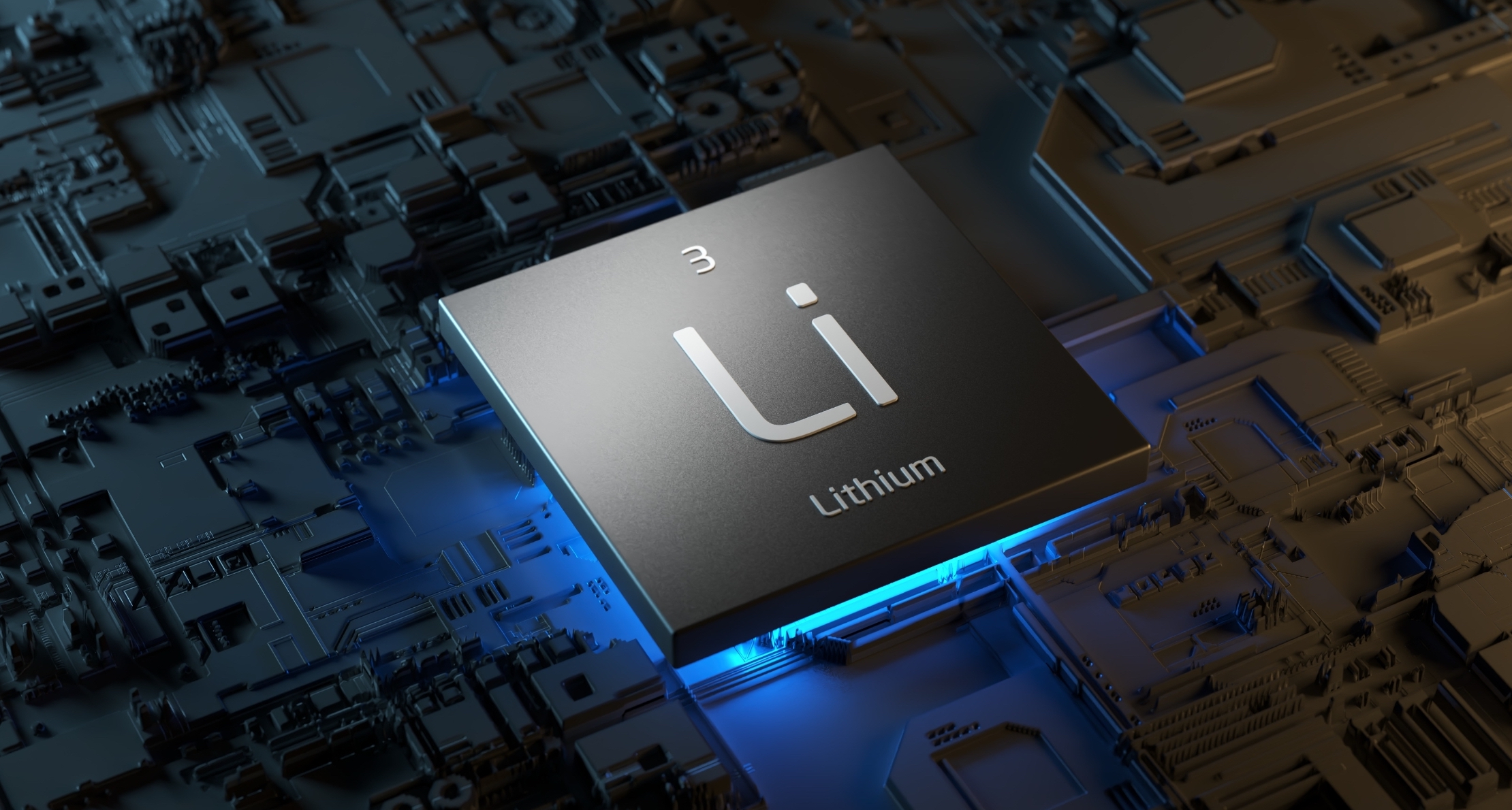Unlocking the Future: Why Lithium-ion Battery Recycling Is Crucial for Global Mineral Security

As the global push for electrification gathers momentum, the demand for critical minerals is rising faster than ever. The newly published IEA Global Critical Minerals Outlook 2025 underscores both the advances achieved and the urgent challenges that remain.
As prices for key minerals like lithium stabilise following the sharp rises of 2021–2022, demand continues to grow, fuelled by rapid progress in the energy and automotive sectors. In this evolving landscape, recycling has been recognised as a strategic linchpin for securing future supply.
A Looming Supply Crunch
Lithium demand rose by nearly 30% in 2024, driven by the expansion of EVs and stationary energy storage. Although lithium supply appears adequate short term, the IEA projects a market deficit in the 2030s, with growing concern of a ~30 % copper shortfall by 2035 under current policy trajectories. These deficits threaten to derail the global clean energy transition unless urgent action is taken.
In addition to this, energy-sector use accounted for 85 % of battery metal demand growth in 2024, and over 50% of energy-related minerals are now subject to some form of export restriction.
Refining remains dangerously concentrated. The top three refining nations held an 86 % share in 2024, up from 82 % in 2020. China alone refines 19 of 20 strategic minerals, controlling 75 % on average, including 70-80 % of lithium chemicals and 95 % of battery-grade graphite and rare earths.
Recycling: A Strategic Necessity
To mitigate these risks, lithium-ion battery recycling must be recognised as a strategic imperative. Recycling offers a domestic, secure, and lower-carbon source of critical minerals, bypassing lead times and geopolitical risks associated with mining.
Recycling emits up to 90 % less CO₂ compared to extracting new lithium, supporting both environmental objectives and public policy goals. With over 12 Mt of EV batteries expected to reach end of life by 2030, there’s significant potential to replace virgin supply with recycled sources.
At Recyclus Group, we’re advancing the UK’s first industrial-scale solution for lithium-ion battery recycling. Our technology recovers key battery materials, including lithium, cobalt, nickel, and manganese. Recycled materials can be fed directly back into supply chains, helping to build resilient, carbon-light supply systems.
Policy and Investment Alignment is Key
The IEA’s latest report highlights that while investment in critical mineral development grew by 5% in 2024, this pace must accelerate to keep up with growing demand.
Recyclus supports the IEA’s call for:
• Streamlining permitting for recycling facilities.
• Boosting R&D in new battery and recycling technology.
• Creating strategic reserves using recycled materials.
• Embedding recycling in national mineral strategies.
Encouragingly, the UK and EU are taking steps in the right direction through initiatives like the Critical Raw Materials Act and the designation of strategic projects.
With policy now clearly recognising battery recycling as a strategic imperative, there is growing momentum for investment to play a catalytic role in scaling solutions.
A Circular Future Is Possible
The world is at an inflection point in the energy transition. The choices we make now in managing critical mineral resources will shape whether that future is secure and sustainable. Recycling is no longer optional; it must be a central pillar of our mineral strategy.
Recyclus Group is proud to support the UK and global partners in closing the loop on battery metals through scalable, low-carbon recycling technologies.
